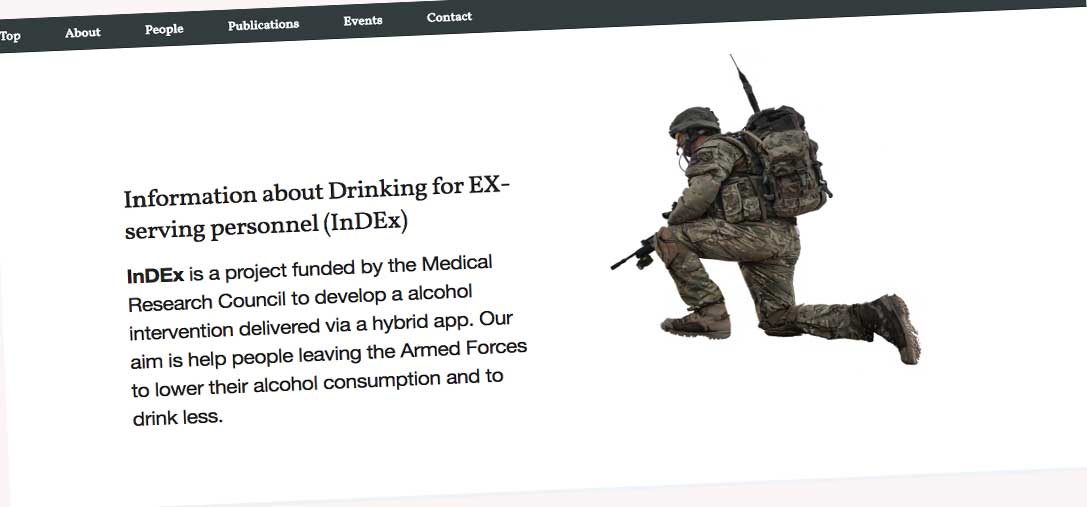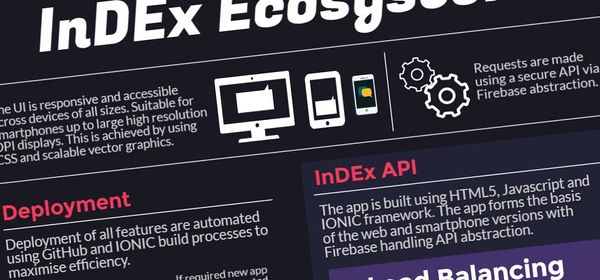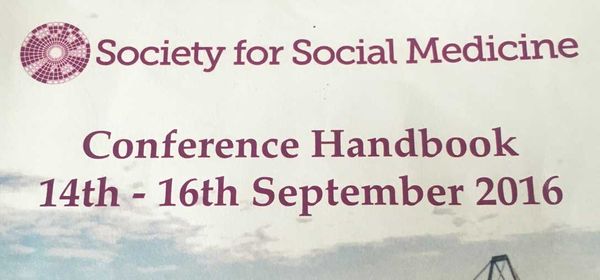InDEx App: A Medical Research Council Funded Project
Information about Drinking for EX-serving personnel (InDEx)
InDEx is a project funded by the Medical Research Council to develop an effective electronic alcohol intervention delivered via a hybrid app. The aim is to help people leaving the Armed Forces to lower their alcohol consumption. This is done by sending user-level personalised messages via email, SMS and push-notifications. In addition, the app provides support for the user during the intervention.
The InDEx app is being developed at the King's Centre for Military Health Research (KCMHR), and the project is led by Dr Laura Goodwin. The project website is now live at https://www.index-app.org and we hope to be updating the website as the project progresses.
Aim and Scope
It is well known that alcohol problems are more common in the military than in the rest of the population. Levels of alcohol consumption and binge drinking (drinking lots of alcohol in a short space of time) are almost twice as high. But levels of drinking do not seem to decrease when someone leaves the Armed Forces. Previous research by KCMHR and Dr Laura Goodwin has shown that people who drink heavily (both in the military and the general population) do not seem to recognise that they have a problem, so they are unlikely to change their drinking without any prompts.
Research has shown that electronic interventions (such as computer or mobile phone applications), which aim to help someone lower the amount they drink, can be helpful. These treatments which have been developed for the general population may also be suitable for people from the military, but it is likely that some changes will need to be made.
The study objectives are: 1) to look at the reasons why people who are currently in, or leaving, the Armed Forces drink heavily; 2) to use this information to design a mobile phone application that is relevant and meaningful to the ex-serving military population, and so should help them to reduce their drinking, and 3) to test if this intervention is acceptable to a small number of ex-serving personnel and to find out how they think that it could be improved. Once these questions have been answered then it should be possible to test the intervention with a larger number of people.
The benefits of this research are that it can help us understand why people in the Armed Forces drink heavily and why they don't lower their drinking when they leave. This information will be relevant to a number of organisations, such as health services and veterans' charities. It will also help us to develop a treatment that is more likely to be successful, because it will be more relevant to these individuals. There are lots of possible benefits to reducing the amount ex-service people drink; it can help to lower the risk of many conditions such as liver disease and cancer, it can improve how productive people are in their daily lives and can lower the number of times people visit their doctor with alcohol related injuries and illness. As well as benefitting the individuals, these changes could also save money for employers and public services.
My Role
I will be working on this project as a Post-Doctoral Research Associate leading the development of the app and implementation of the machine learning to personalise the intervention. I will be blogging about the project as we get underway, detailing the technical aspects of the project and any other observations that may be useful to others.



